VIEW OUR RANGE OF GIN HAMPERS TODAY
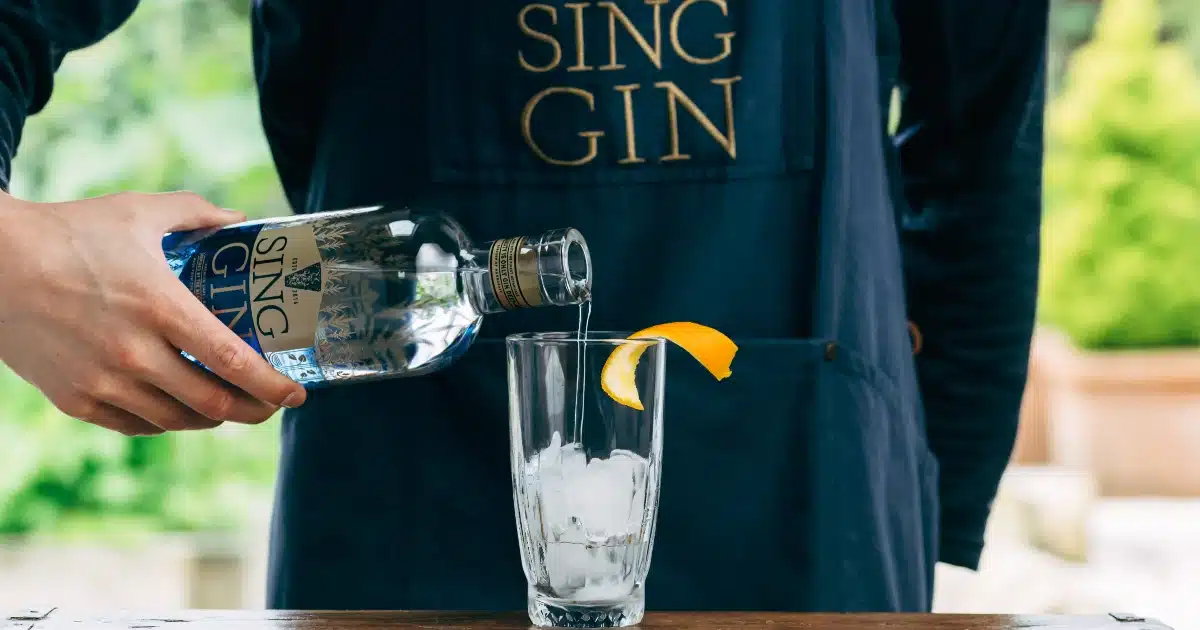
They’re both clear, alcoholic liquids, made from similar ingredients, and both pair oh-so nicely with tonic. So it would be safe to assume gin and vodka are the same, right? While they are cut from similar cloth, there are key differences. Knowing your vodka from your gin means you’ll select the right spirit for your cocktail every time.
Who doesn’t love a gin hamper? The perfect gifts for drinkers of gin, our hampers rise to any occasion – from birthdays to anniversaries, congratulations to new homes, Christmas or just to say thank you. Discover our range of luxury gin hampers here.
As craft gin makers we’re proud to say we know this subject inside and out, so read on for our guide to gin vs. vodka…
Vodka can be distilled from almost any crop that can be fermented into alcohol. Mostly, it’s produced from potatoes, sugar beet or cereal grains, but different base ingredients are used, depending on where the vodka comes from. Traditionally, the Poles favour rye, the Finnish barley, and the Russians use wheat. Of course, over the years lots of distilleries have sprung up all over the globe, using their own, refined recipes. Vodka is still a relatively new kid on the block of popular drinks, being little known before the 1940s, outside of Scandinavia and Eastern Europe.
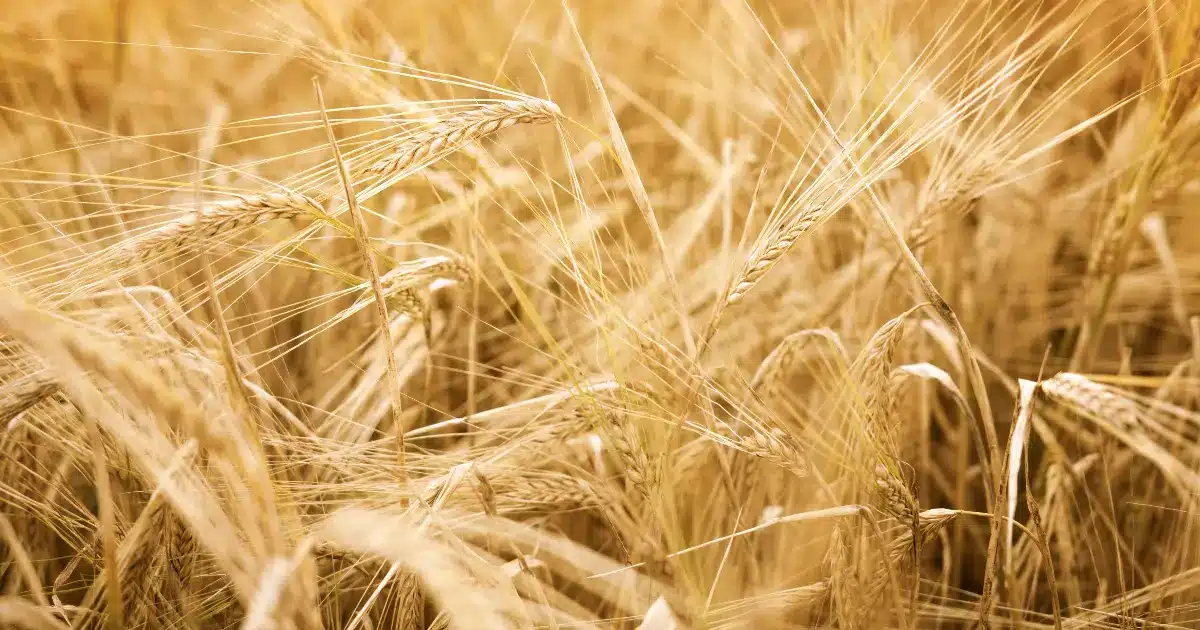
Close, but there are differences! Gin, like vodka, is distilled from a natural product, such as wheat, potatoes or barley, (or Spanish grapes, in Sing Gin’s case!) The main difference is that gin must always contain juniper. As well as the base ingredient, it’s the nuanced botanicals that define one gin from another – but they all have that crucial juniper in common. If you want to know more about what gin is made from, pour yourself a glass (for educational purposes) and have a read of our post all about it.
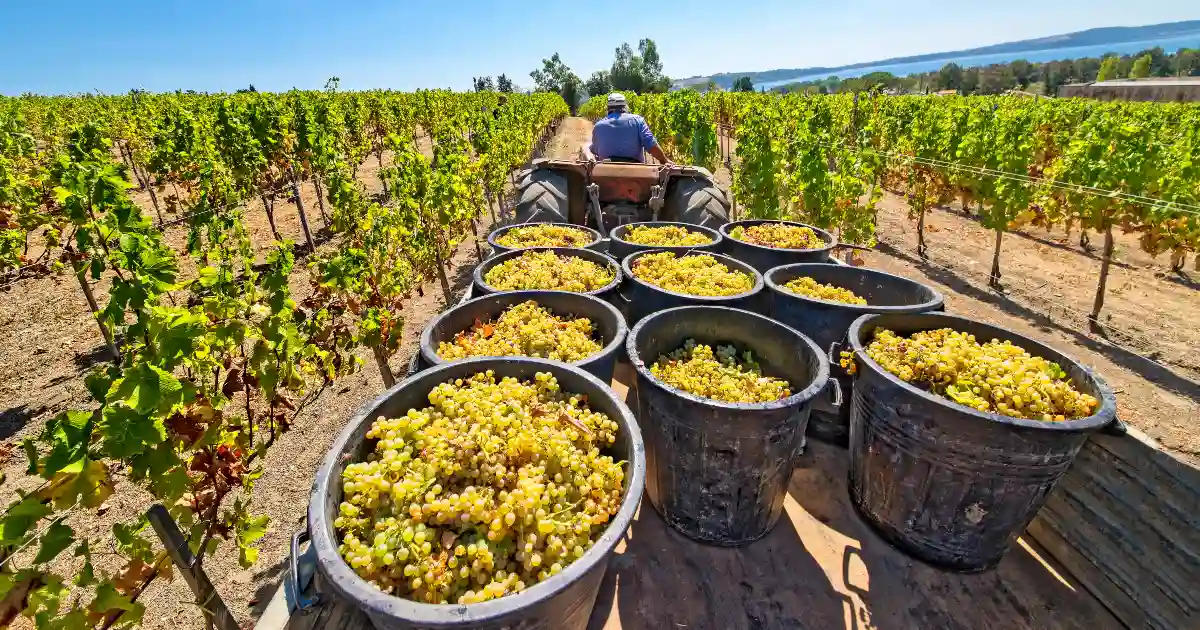
Gin originated, it’s thought, in Holland around the 17th century, where it was used for medicinal purposes (cough cough!). So, we’ve covered that gin must always contain juniper, and with London dry gin, juniper should be the predominant flavour. With all gins, other botanicals can and are often added during distillation, so gin regularly stands alone as a flavourful, defined beverage.
It’s often said that vodka is flavourless and gin has botanical flavours. While it’s true that vodka is a popular choice when you’re after a neutral spirit to use with other flavours in your cocktail, it does have some very subtle flavour, depending on what it has been made from. Flavour isn’t as forthright as with gin. Very generally, though, vodka is a neutral spirit, which serves as a foundation for other flavours in a drink. Gin goes into the bottle with the flavour of juniper – plus other botanicals – depending on the recipe.
Vodka is known for its smooth mouthfeel, with ‘clean’ vodkas (meaning they don’t linger on the palate), favoured because they make for a crisp sensation when consumed as a shot.
We’ve mentioned above that the two drinks originate from different parts of the world. As with all crop-derived food and drink, the very soil in which plants are grown can affect the flavour of the finished product.
Gin and vodka are usually served differently – gin tends to be served at room temperature and vodka is chilled, served in a frozen glass. Gin works very well when chilled, though – we wrote a post all about it!
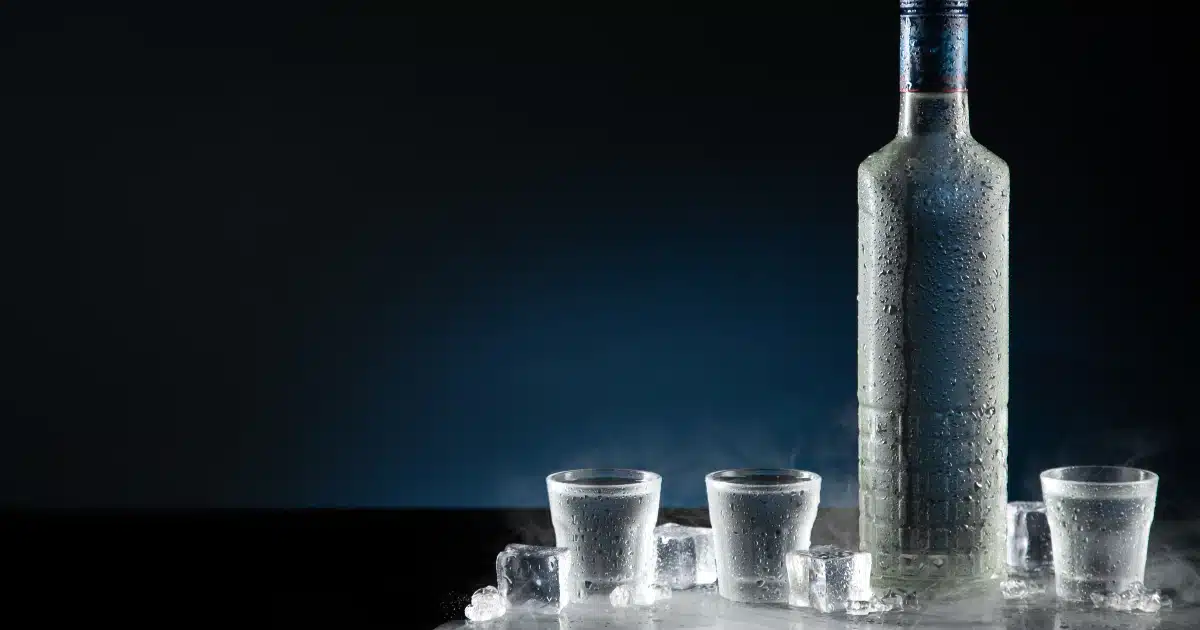
Because of their different flavours and mouthfeel, gin and vodka are typically used in different cocktail recipes. Gin brings its own flavour to the party, whereas vodka cruises in ready to enhance any other flavoured ingredients you add to your cocktail.
For a gin to be a gin, there must be at least 37.5% of pure alcohol in the total volume of liquid. Look for the ABV percentage on the next bottle you pick up. Sing Gin sits at a nicely-rounded 40%. Vodka’s minimum alcohol content is the same – around 35% – but note the word ‘minimum’! It’s often much higher. The high alcohol content in both drinks is the reason they are served in small quantities.
Let’s tackle the martini first, shall we? It’s James Bond who got us thinking of a martini as made with vodka – and we know 007 likes to do things his way! Originally, though, a martini was made with gin, and, like all good cocktails, each generation has put its own stamp on it. It comes down to personal preference and each provides different results. We recommend you try both and see which you prefer! If you’re looking to try a British vodka, you might like Dorset’s Black Cow, which is made from milk! We’ll let you decide whether you prefer yours shaken, not stirred…
Classic cocktails for those of you in the vodka camp include the perennially popular Cosmopolitan, the Bloody Mary, the Moscow Mule and the Screwdriver. All of these options provide plenty of scope for you to add your own twist and change things up with different vodkas.
Gin contains altogether more complex flavours, so simplicity is key to a great gin cocktail. Try shaking up a Tom Collins, a Negroni or a Gimlet; fruit juices are particularly good at bringing out gin’s nuanced botanicals.
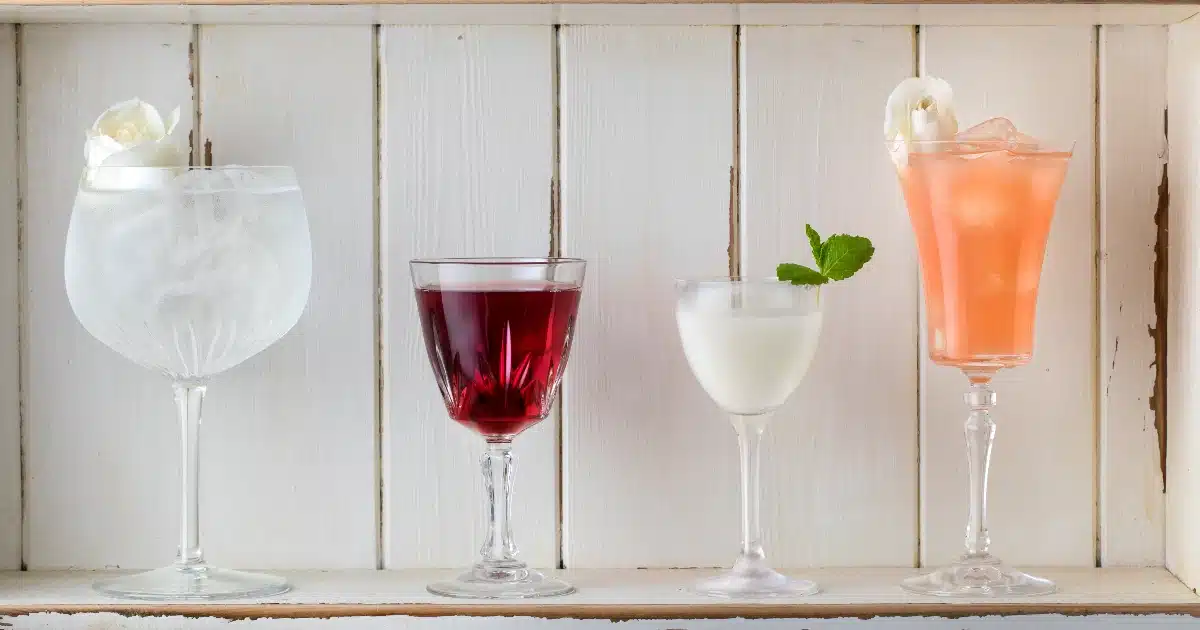
So, there are a few key differences between vodka and gin, and we like to think of them as cousins – similar but by no means the same. All the more reason to invest plenty of time in sampling both, in the name of further research! One thing we do recommend is that you compare quality with quality, so step this way to add a bottle of Sing Gin to your repertoire.
Share this post with your fellow gin lovers and follow us on Facebook, Twitter, Instagram and Pinterest.
If you’d like to receive exclusive discounts and the latest updates from our Yorkshire distillery, you can also sign up to our newsletter.